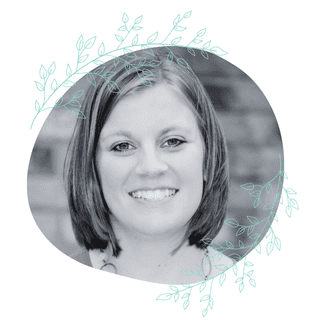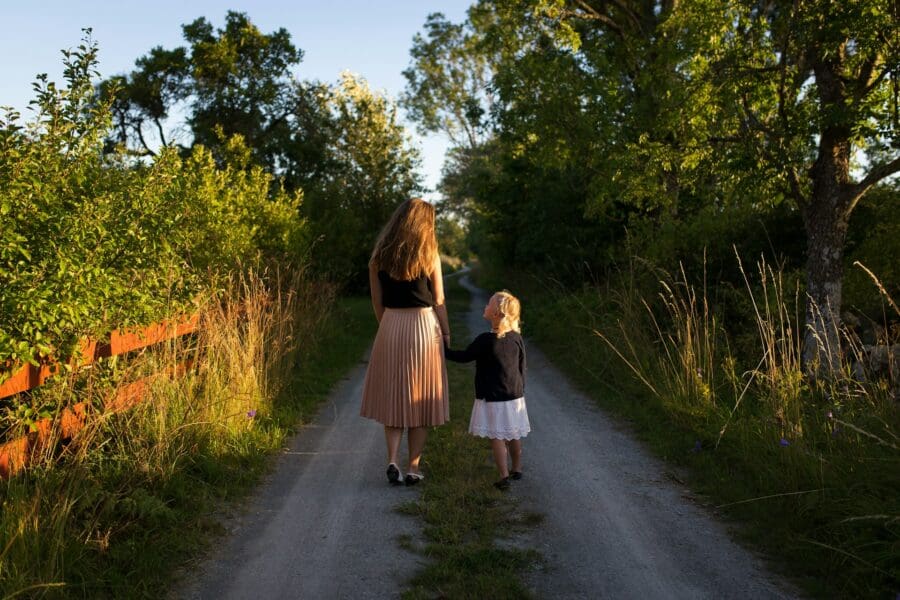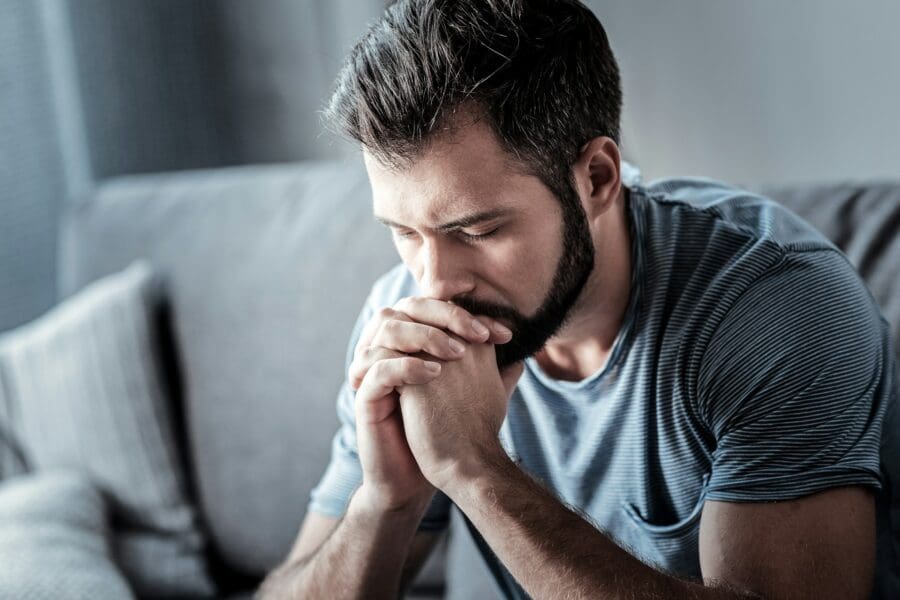Our society often has a disconnected way of navigating grief. While things like meal trains and house upkeep can help a person cope as they grieve, the feelings of comparison between one person’s grief and another’s, or the idea that a person should be able to “get on with it,” can stop them from truly experiencing grief in a way that helps them healthily move through life.
For our family, when we lost our oldest daughter, I was taken aback by the guilt I felt over grieving. I felt pressure to move past it quickly, and when I couldn’t it was as if there was something “wrong” with me.
Most people would frown at the idea of feeling guilt over grief, yet we learned that many grieving people feel shame for it. After a few years of facing this shame myself, I came to realize how unhealthy and unnecessary it was. There should be no guilt in a natural and healthy grieving process.
As I faced my own grief, I also came to see that grief encompasses so many things in life. While it can be tempting to fall into the trap of believing some forms of loss are more worthy than others of suffering, this isn’t fair or accurate.
Reasons A Person Might Grieve
Grief can be classified as a deep feeling of loss or sorrow. Some causes of grief can be easy to spot—the death of a loved one is an obvious reason. Other causes might not immediately jump to mind. Divorce, a poor medical diagnosis, and even job loss can each trigger legitimate pain and suffering.
Manifestations of grief can include physical symptoms like aches and pains, mental distress, separation anxiety, brain fog, obsession with the past or anxiety about the future. The death of a loved one can certainly trigger these feelings; however, the other causes mentioned above can also bring about sorrow, distress, anxiety, and major life adjustments. Comparing one cause of grief to another can hinder a person from moving toward the healing they need.
Handling the Guilt
It can be easy to unfairly categorize between different causes of grief, and it can be difficult to rise above the feelings that one should quickly move on. When these hindrances arise, what is a grieving person to do? Permitting oneself to feel grief is a form of acceptance and can aid in the healing process. The key to working toward this acceptance is grieving in healthy rather than unhealthy ways.
Talking things out can be a great first step. While my husband and I did have people within our circle who unknowingly caused us to heap guilt onto ourselves, we also sought out the counsel and support of those who could help us grieve in healthier ways. The help we found by talking things out was unmeasurable. If you don’t have a support system in your life, consider finding a grief support group or a grief counselor.
Another way to practice healthy grief is to take physical actions to work through it. Consider helping other grieving people, getting involved in an outreach program, planting a garden, or adopting a pet. Any of these activities can keep the mind active in healthy ways. My husband and I planted a huge flower garden to commemorate our daughter. Even the memory of it brings me joy today. The physical actions of planning out the garden, choosing the flowers, then cultivating the land and planting the blossoms gave us a sense of service toward our daughter—as if, even though we couldn’t physically see and care for her anymore, we could still “do” for her.
A grieving person can’t control how others view them or their grief, but they can make efforts to control how they view themselves. Keeping a healthy perspective on your grief is a major help to healing. If you’re facing guilt for grieving, practice a bit of self-care and take steps today to bid it farewell.

Katie Clark started reading and writing stories in grade school and her love for both never died. In 2016, Katie’s oldest daughter Emma passed away at the age of 10, after a lengthy battle with childhood cancer. Katie writes about grief as a way to heal as well as to help others who are on their own grief journey.





Leave a Comment